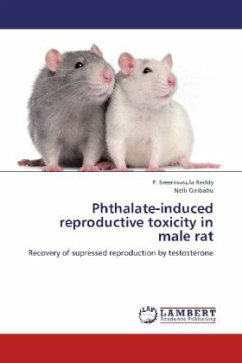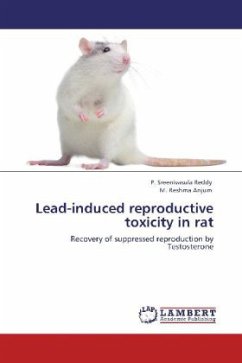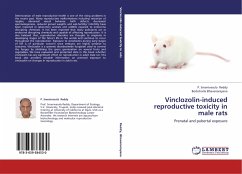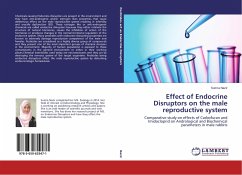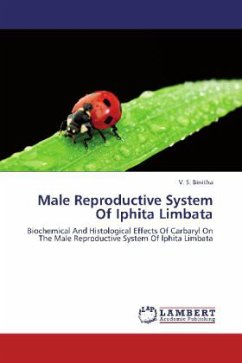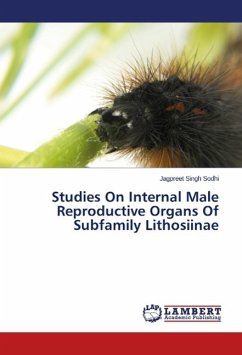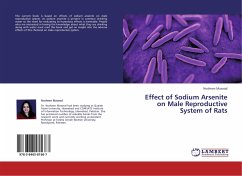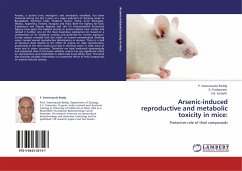In recent years, there is an increasing concern that occupational and environmental exposure to toxic pollutants disrupts male reproduction of wild life and humans. Phthalates are a family of industrial chemicals produced from alcohols that have been used for a variety of purposes, such as plasticizers that impart flexibility and durability to polyvinyl chloride (PVC) products. When incorporated into PVC, phthalates are not covalently bound and are therefore easily released into the environment, consequently resulting in animal and human exposure. Besides, phthalates have also been used throughout the world in construction materials, food packaging products, cosmetics, insecticides, manufacturing of children products (toys, grip bumpers), and medical devices and ubiquitous in nature. Humans are exposed to phthalates through ingestion, inhalation and dermal exposure. There is lack of literature data related to the effect of phthalates on male reproduction. Therefore, we have evaluated systematically and presented data in this book whether phthalate has any significant effect on reproduction in male rat. The book also provides valuable information on protective effect of testosterone
Bitte wählen Sie Ihr Anliegen aus.
Rechnungen
Retourenschein anfordern
Bestellstatus
Storno

